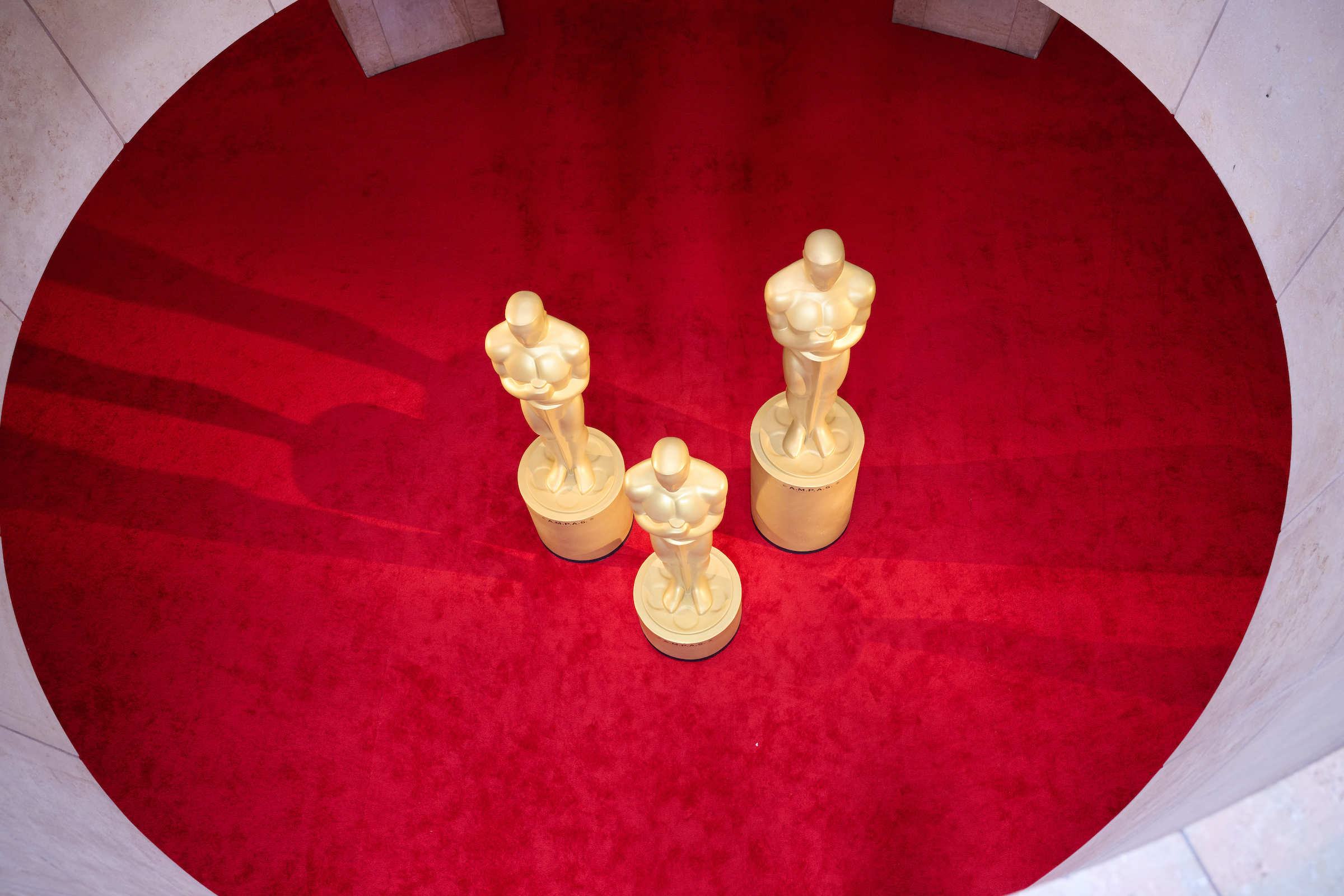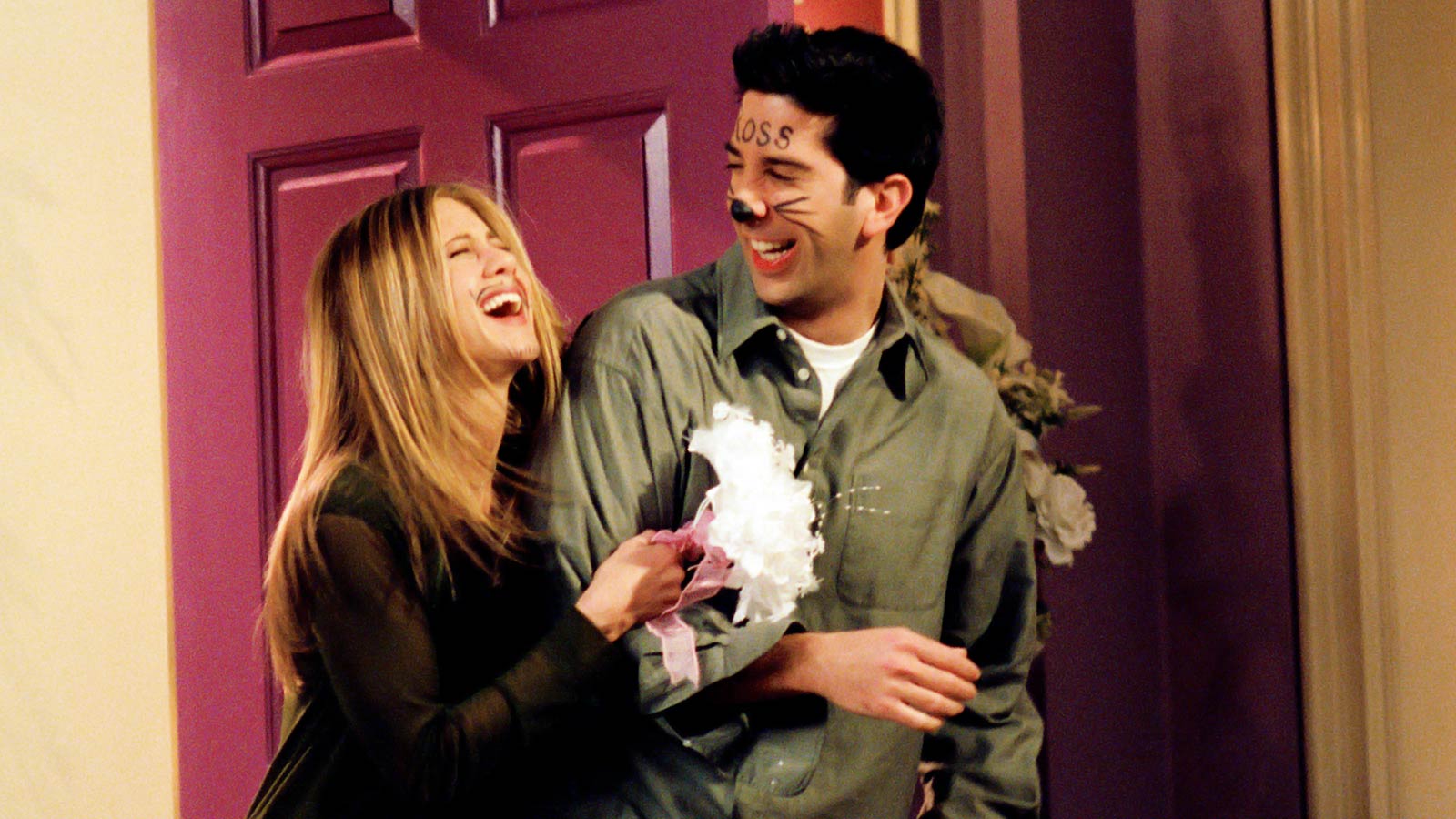
For decades, the Academy Awards have been seen as the pinnacle of cinematic achievement, a night when the best and brightest in Hollywood are honored for their contributions to the art form. However, in recent years, the Oscars have started to feel less like a celebration of cinema and more like the conclusion of a carefully orchestrated industry campaign.
Instead of rewarding the most daring, original, and artistically profound films, the awards often go to those that have best navigated the long and increasingly predictable path of For Your Consideration (FYC) campaigns, social media narratives, and strategically timed critic group wins.
If you’ve ever tried predicting the Oscars based on quality alone, you might have better luck at games of chance on this website, because the process is anything but a meritocracy. It’s about who plays the game best — an industry chess match where money, influence, and public sentiment determine the winners long before the envelopes are opened.
The Evolution of the Oscar Race: From Artistic Recognition to PR Machine
There was a time when an Oscar win felt genuinely surprising, even spontaneous. The early Academy Awards were far from a polished spectacle, and winners were often chosen based on a mix of artistry, popularity, and industry respect. But as Hollywood evolved, so did the awards campaign machinery.
The shift began in earnest in the 1990s, when Miramax, led by Harvey Weinstein, revolutionized Oscar campaigning. Weinstein turned what had previously been a relatively subdued promotional process into a full-blown political race with aggressive marketing strategies, calculated schmoozing, and media manipulation to ensure that Miramax’s films, such as Shakespeare in Love, came out on top — even against heavy hitters like Saving Private Ryan.
This approach set a precedent. Now, every major studio and indie distributor has a dedicated awards campaign team, working tirelessly for months to position their films and performances as Oscar frontrunners.
The Role of Social Media and Narrative Building
Today, platforms like Twitter, TikTok, and Letterboxd have become battlegrounds where fans, critics, and industry insiders push specific narratives about which films and performances “deserve” recognition.
A well-timed viral campaign can make or break an Oscar bid. Take, for example, the grassroots push for Everything Everywhere All at Once in 2023. While the film had strong critical acclaim, its momentum was significantly bolstered by an online movement that celebrated the film’s diversity, originality, and emotional resonance. On the other hand, films that fail to generate positive social media discourse often fade from awards season relevance.
The way films are framed in online discussions directly influences industry perception. A compelling underdog story, a well-placed viral moment, or an internet-driven backlash against a perceived snub can all dictate how Oscar voters respond.
When Barbie failed to secure a Best Director nomination for Greta Gerwig in 2024, social media erupted in outrage, shifting the film’s awards narrative overnight from “fun blockbuster” to “overlooked feminist masterpiece.” This reaction may not have changed the Academy’s votes, but it reinforced how much public sentiment now dictates the Oscar discourse.
Critic Groups and the “Precursors” That Dictate the Race
The Oscars do not exist in a vacuum. By the time the Academy announces its winners, dozens of other awards groups, ranging from the Golden Globes to regional critic associations, have already shaped industry expectations.
Winning certain precursor awards is now seen as a near-requirement for Oscar success. The SAG Awards, for example, are considered a strong predictor of acting winners, while the Directors Guild of America (DGA) Award almost always foreshadows the Best Director Oscar. Because of this, studios structure their campaigns around these milestones to ensure that their films are seen by the right people at the right time.
Is There Still Room for Artistic Integrity?
Despite the overwhelming influence of campaigning and industry politics, there are still moments when artistic excellence breaks through the noise. Films like Parasite and Moonlight defied the traditional Oscar playbook, winning major awards despite not being the “safe” or expected choices.
However, these instances are increasingly rare. More often than not, the Oscars feel like a foregone conclusion, dictated by months of PR efforts rather than pure cinematic merit. For cinephiles who long for the days when surprises were common and taking artistic risks were rewarded, the modern awards season can feel disheartening.






